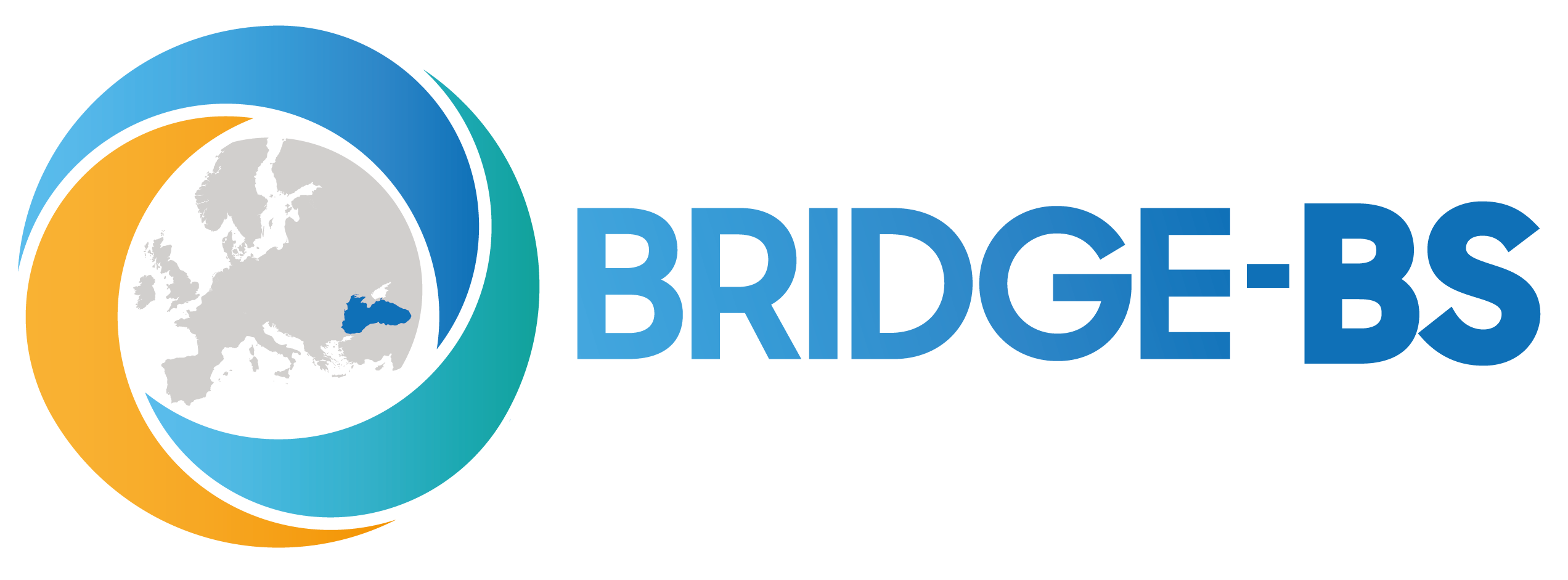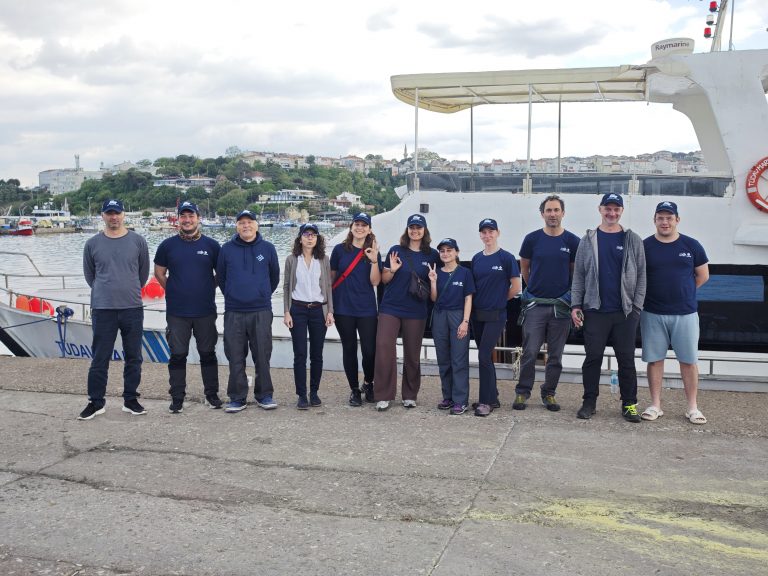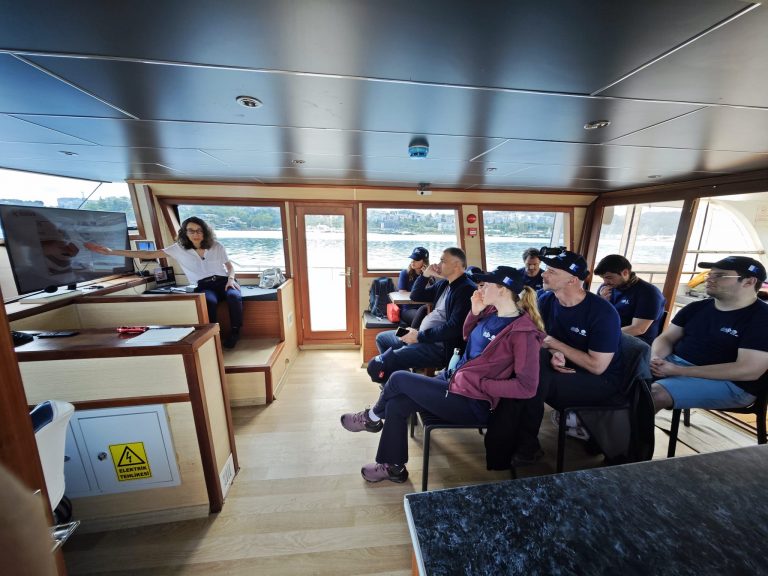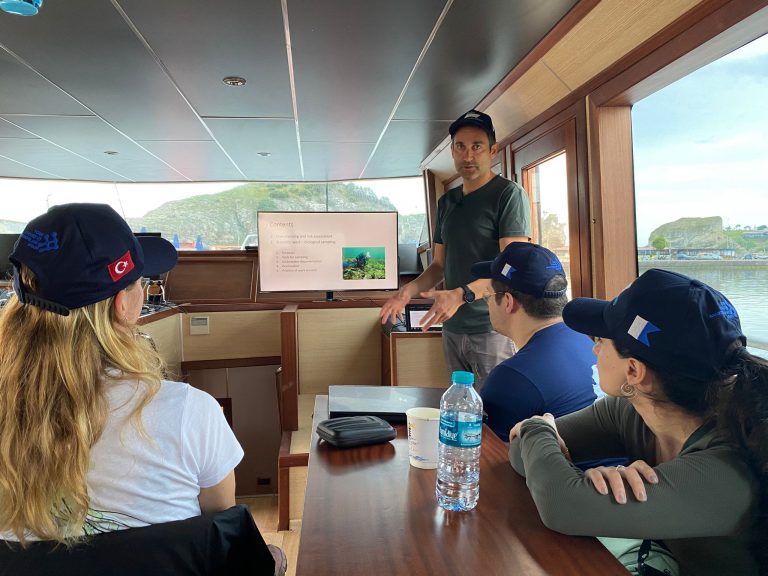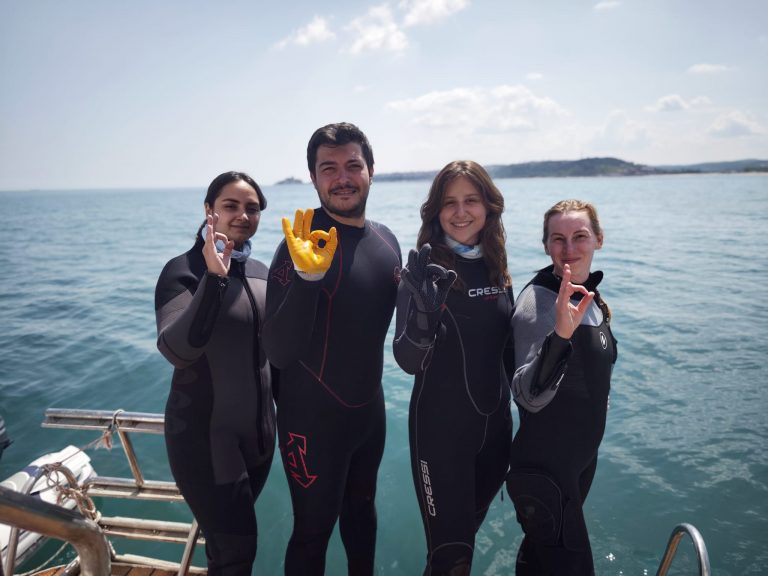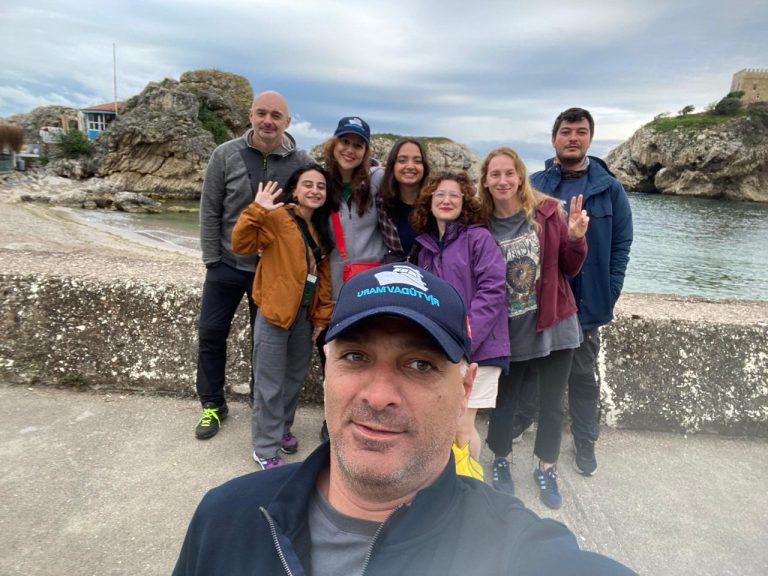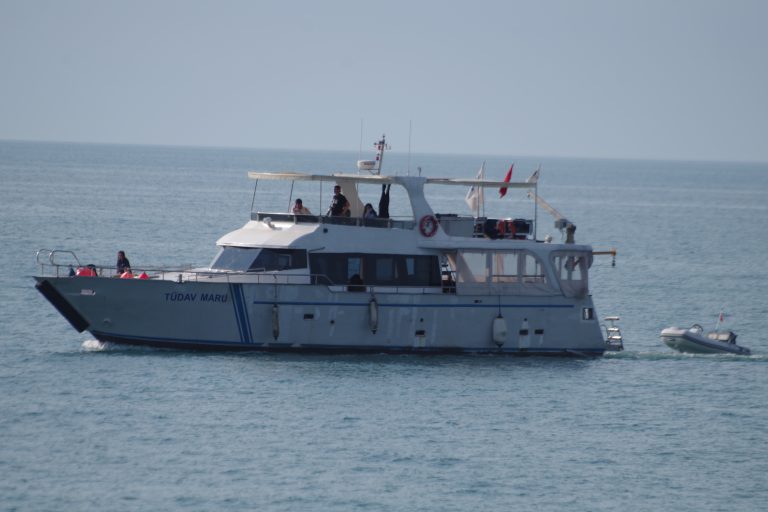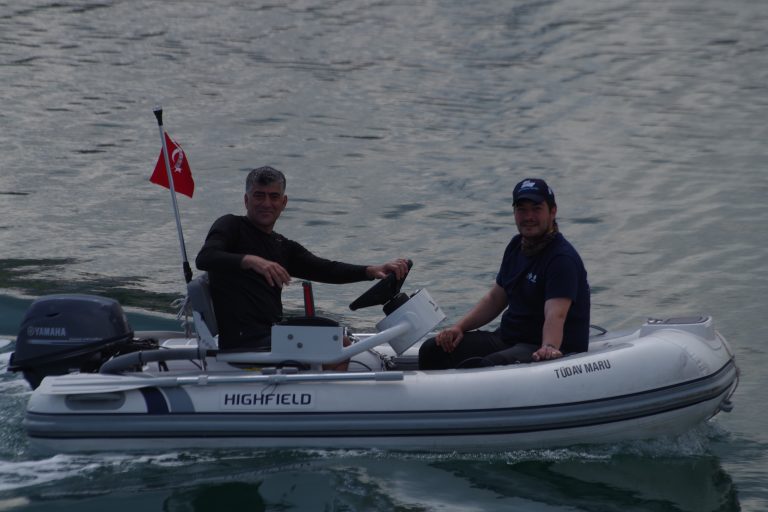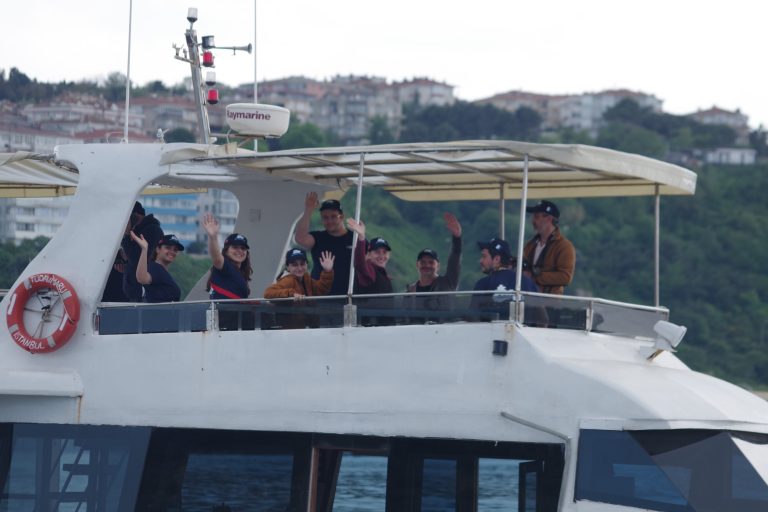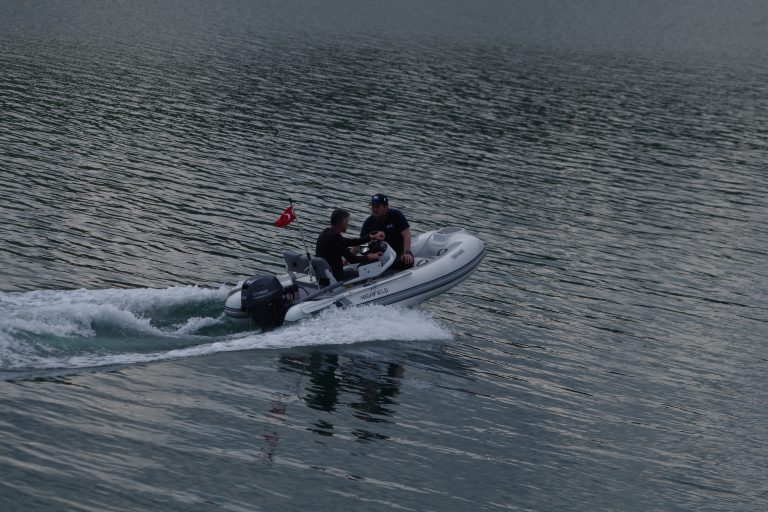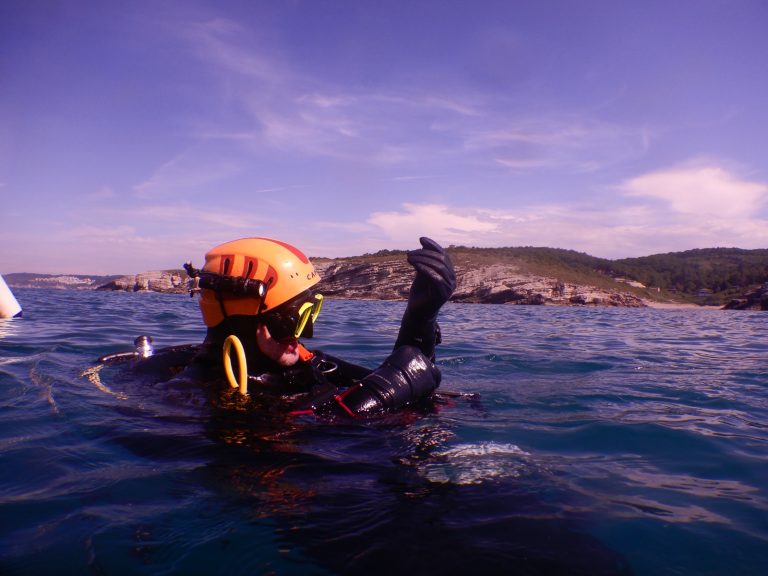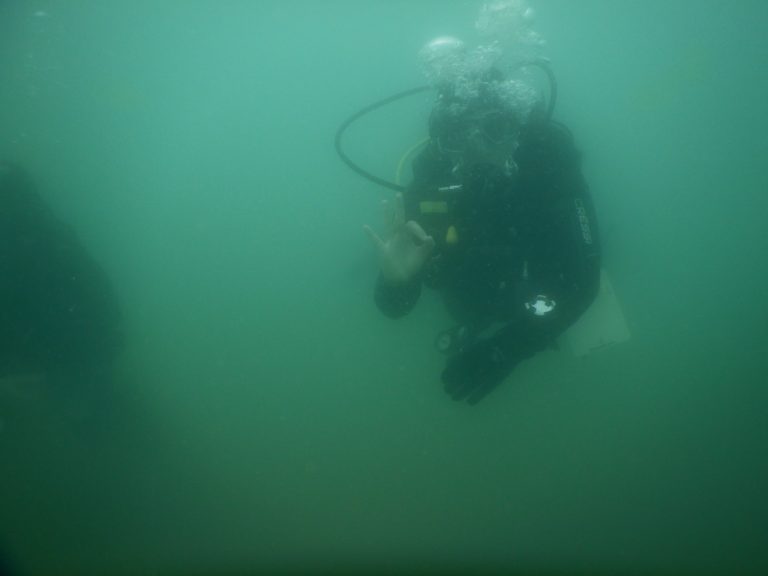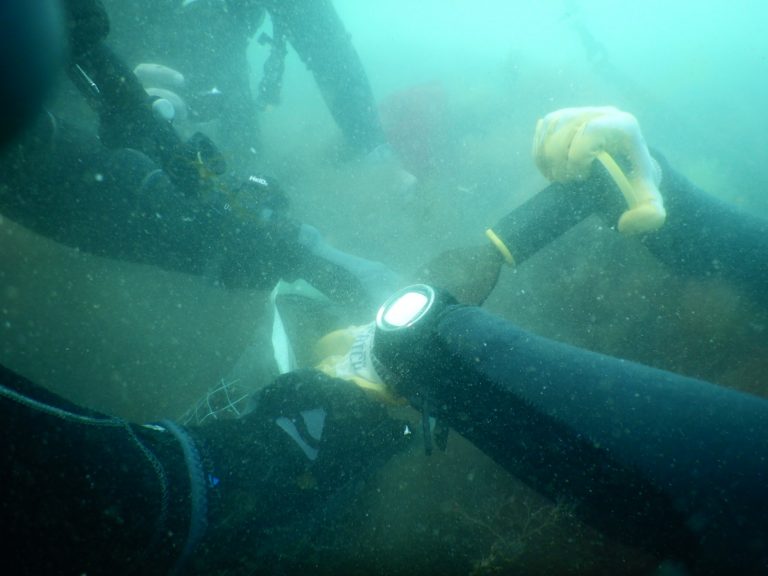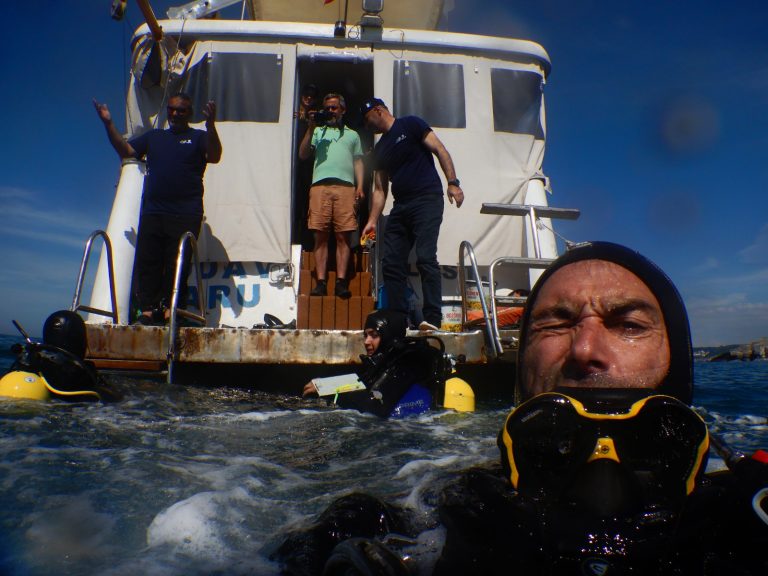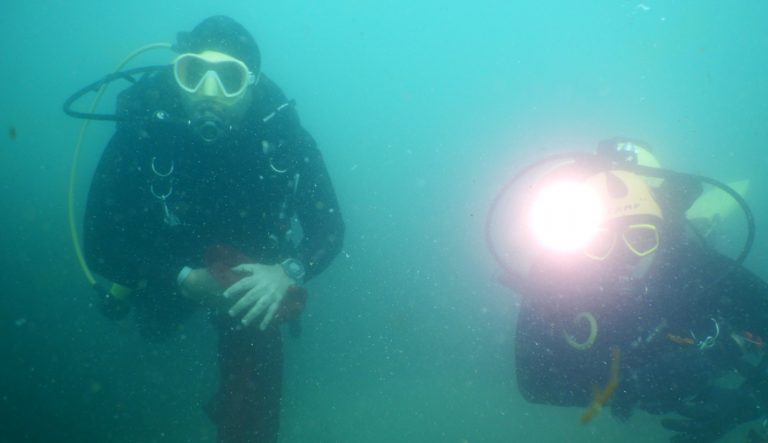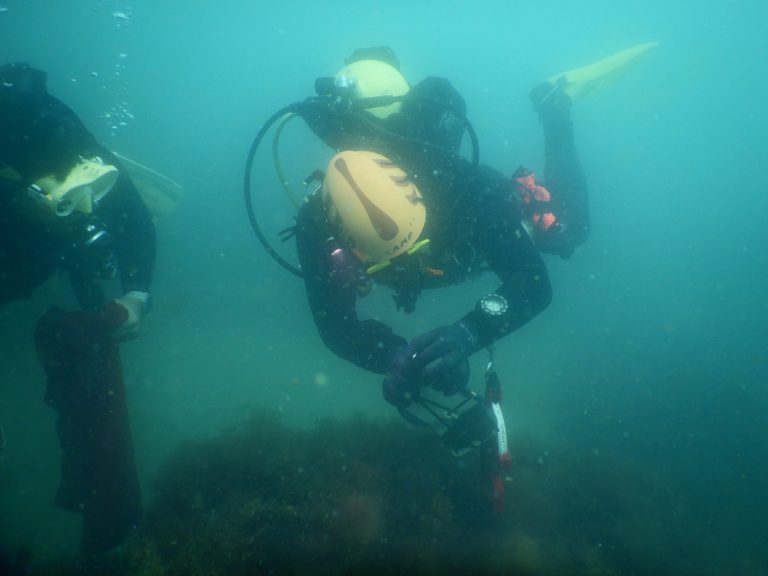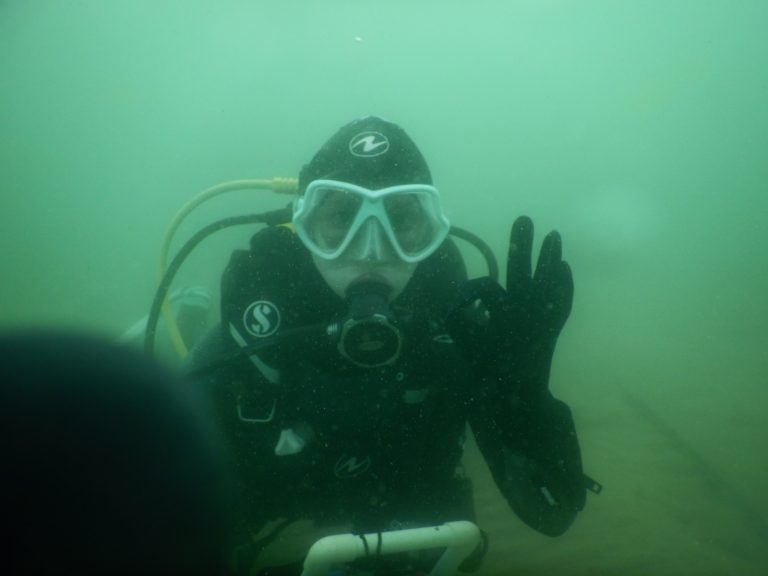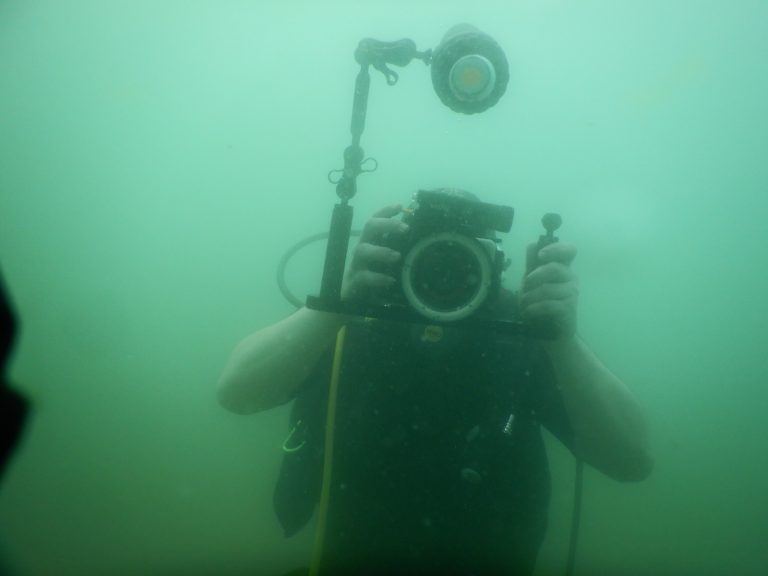BRIDGE-BS Scientific Dive Held along Istanbul’s Black Sea Coast!
As part of the BRIDGE-BS project, our partner TÜDAV hosted a week-long scientific diving training from 25 to 31 July aboard their research vessel TÜDAV MARU off the Black Sea coast of İstanbul.
The program brought together a diverse team of participants and instructors: six trainees from Romania, Türkiye, and Georgia, and five instructors, one from Bulgaria and four from Türkiye.
Starting in Beykoz, the route followed the coastline through Anadolu Kavağı, Anadolu Feneri, Riva, and Sahilköy, reaching Şile. Along the journey, trainees took part in a series of hands-on field activities designed to equip them with practical skills in marine research and underwater monitoring:
Underwater Monitoring Techniques
Participants were introduced to methods used to document and monitor underwater ecosystems through visual imaging, essential for biodiversity assessment and habitat studies.
ROV (Remotely Operated Underwater Vehicle) Operations
Hands-on training demonstrated how to use ROVs for data collection in deep and hard-to-access marine areas. Trainees gained experience in equipment setup, remote control, and capturing underwater images.
Benthic Sampling Techniques
Various approaches were employed to identify and study organisms living on the seafloor:
Habitat Mapping
Training included the classification and mapping of underwater habitats. These efforts helped define habitat boundaries and provided insights into species distribution patterns.
Rapana Survey
Participants conducted observations and sampling focused on Rapana venosa, an invasive species. The survey aimed to understand its spread, density, and population dynamics in the region.
Benthic Macrophyte Sampling
Marine vegetation (macrophytes) was identified and sampled, yielding valuable data on ecosystem structure and health.
Soft Substrat Sampling
Sampling was carried out in muddy and sandy seabed areas to evaluate the diversity and distribution of invertebrate species.
Introduction to Diving and Sampling Equipment
Trainees were familiarized with technical diving gear, sampling tools, and pre-laboratory procedures for sample preparation, which are all essential for safe and effective underwater research.
Over the course of the training, participants received both theoretical instruction and practical experience in marine biology, pollution monitoring, and underwater research techniques, preparing them to contribute to the sustainable management and protection of the Black Sea ecosystem.
